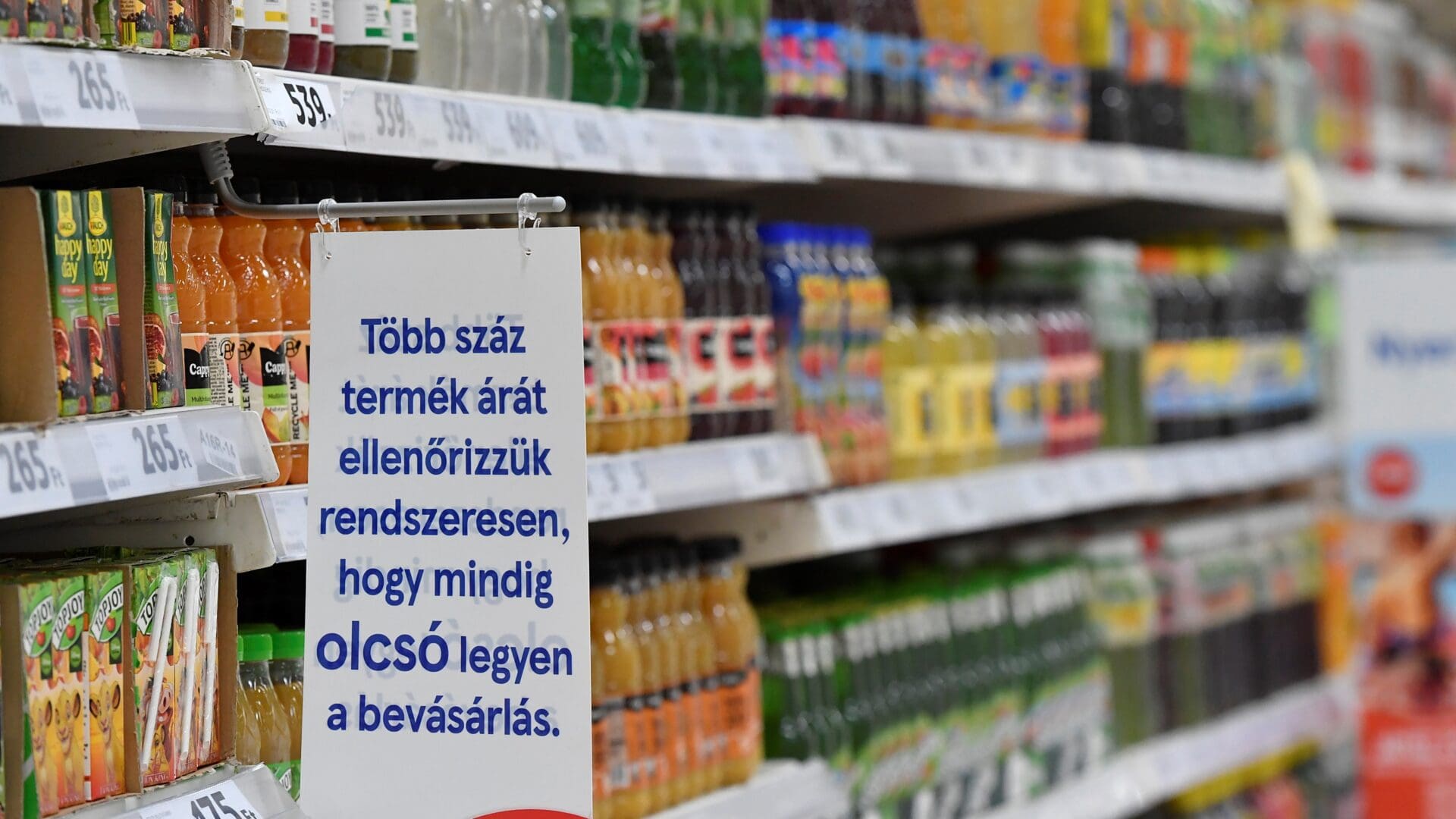As we reported last month, the Ministry of Economic Development (GFM), with the expert support of the Hungarian Competition Authority, launched an online price monitoring system on 1 July 2023. According to the GFM, the price monitoring system has proven to be highly effective based on the experiences of the past month. It generated strong competition among supermarket chains, significantly offsetting the effects of food price increases.
According to the ministry’s statement issued last week, in July the average prices of products in 62 product categories decreased by an average of 7.7 per cent. This drop was a result of price decreases in 53 product categories within one month. The decrease in food prices had a 0.7 percentage point impact on reducing inflation and a two percentage point impact on reducing food inflation according to the weighting of the shopping basket used by the Central Statistical Office (KSH).
During the past month, the price of spaghetti saw the largest decrease of nearly 15 per cent. Vegetable prices were reduced by over 14 per cent, with several vegetables such as green peppers, ware potatoes, cabbage, garlic, tomatoes, and cauliflower experiencing reductions of around 20 per cent or more. Fruit prices decreased by an average of over seven per cent, and items like apples and oranges became 20 per cent cheaper. Bread, margarine, pork fat, and dairy products’ prices decreased by an average of ten per cent by the end of July. Among meats, turkey breast prices declined the most, by nearly 11 per cent, while chicken wings’ prices decreased by over six per cent, as reported by the GFM.
The government’s mandatory discounts, initiated on 1 June, also supported the decrease in prices. The government increased the percentage of the mandatory discounts on selected foodstuffs to 15 per cent from 1 August. The abolishment of price caps has had minimal impact: over the past week, the average prices of products in the 62 product categories that were required to be featured on the online price-monitoring platform only rose by 0.7 per cent. In fact, the average prices in 32 product categories continued to decrease in the past week. Especially noteworthy were the price reductions for eggs, fine flour, green peppers, and cauliflower. Moreover, when comparing to the government-set prices, flour prices decreased by 52 per cent, sunflower cooking oil by 40 per cent, eggs by 38 per cent, and potatoes by 27 per cent.
The popularity of the online platform is evident from the fact that it has attracted over 910,000 visitors since its launch, with nearly 63 million downloads on the website. There have been close to 385,000 free-text searches, with visitors most commonly searching for milk, chicken breast, cheese, butter, and sour cream in July. In early August, following the abolishment of price caps, the most frequent searches were for sugar, chicken breast, milk, flour, and oil.
As GFM highlighted, the price monitoring system contributes to protecting families as it has begun to lower food prices and compels supermarket chains to compete for customers, significantly aiding the reduction of inflation to single digits.
Related articles:








